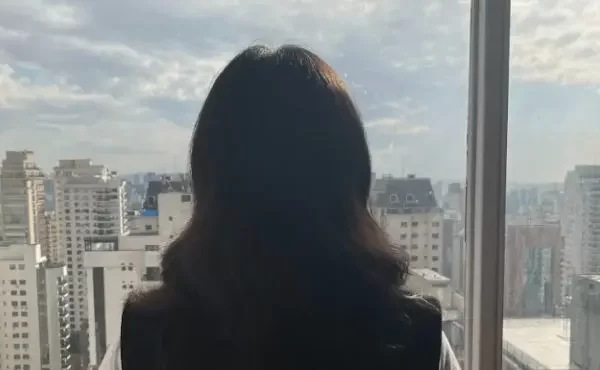Nicaragua’s shift to totalitarianism was gradual yet swift, echoing the phrase “gradually, then suddenly” from Ernest Hemingway. The erosion of democracy began with President Daniel Ortega’s return to power in 2006. His victory was facilitated by a controversial deal that lowered the required threshold for winning the presidency, allowing him to bypass a more competitive result.
Over 17 years, Ortega systematically dismantled democratic institutions: he amended the constitution to allow indefinite re-election, weakened the election commission, and curtailed independent media. The judiciary and police were politicized, and Ortega built alliances with corrupt business figures. The 2018 protests, initially sparked by social security tax increases, were met with a brutal crackdown, resulting in hundreds of deaths and imprisonments.
In the 2021 elections, Ortega’s control over the electoral system and suppression of opposition ensured his re-election. The regime’s repression led to a mass exodus, with many fleeing to neighboring countries like Costa Rica. A brief appearance of potential reform came with the February 9 release of 222 political prisoners, but this was followed by their expulsion and loss of citizenship. The government further isolated itself by revoking the nationality of 94 independent figures and severing ties with the Vatican.
The arrest and sentencing of Roman Catholic Bishop Rolando Álvarez to 26 years in prison marked a shift from authoritarianism to totalitarianism, with even the Catholic Church facing severe restrictions—a stark contrast to past Latin American military regimes that had permitted its presence.


